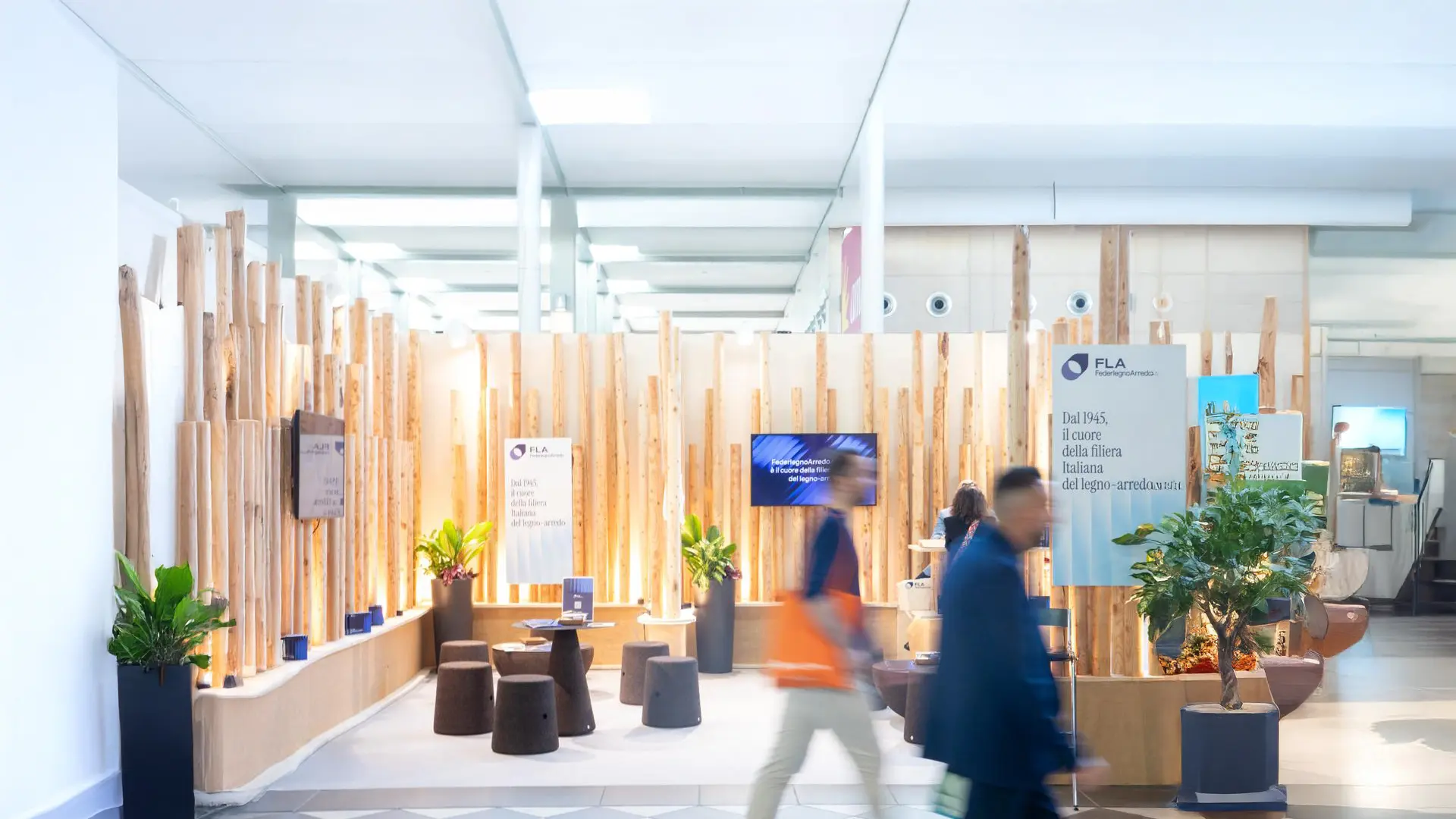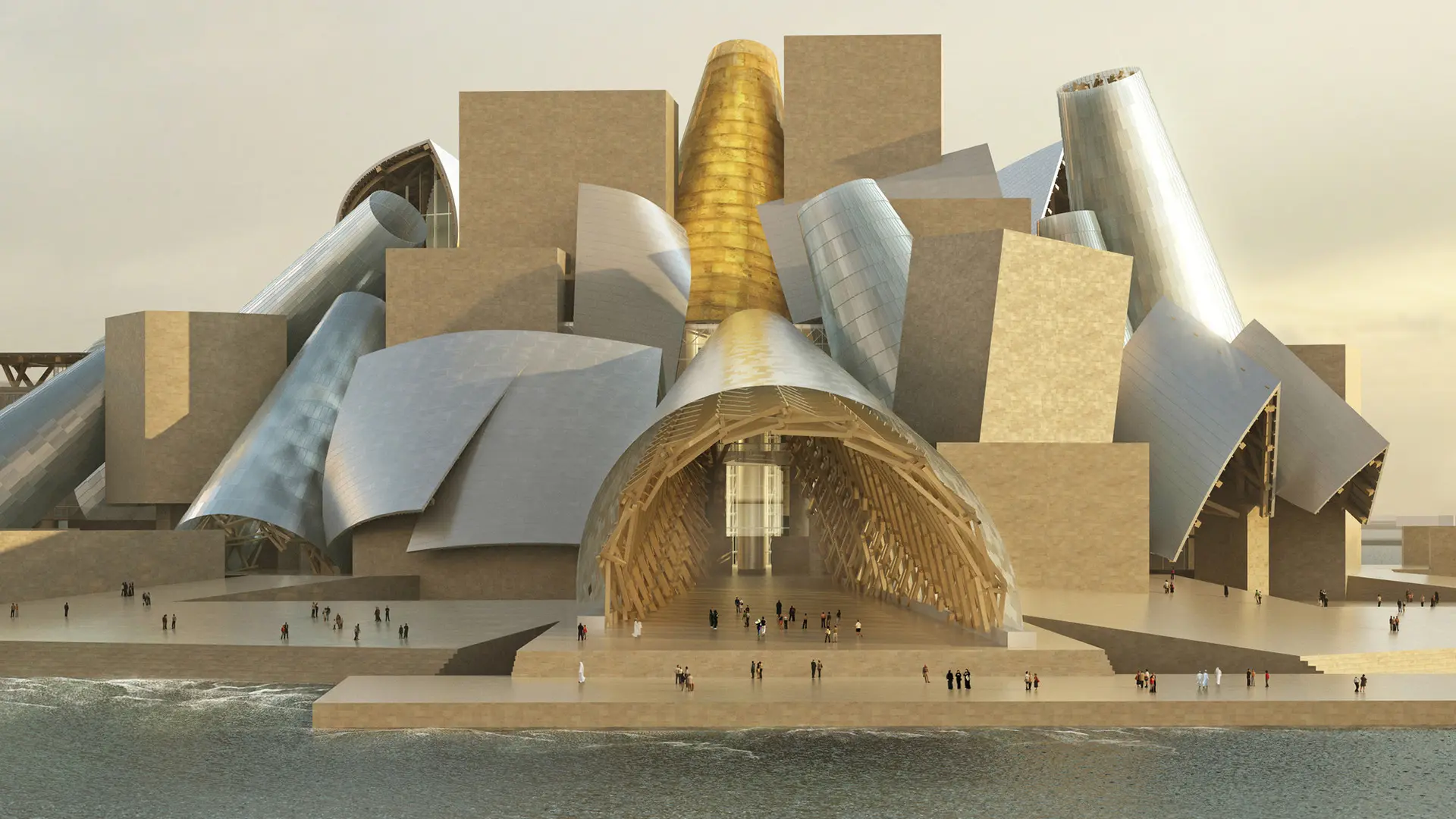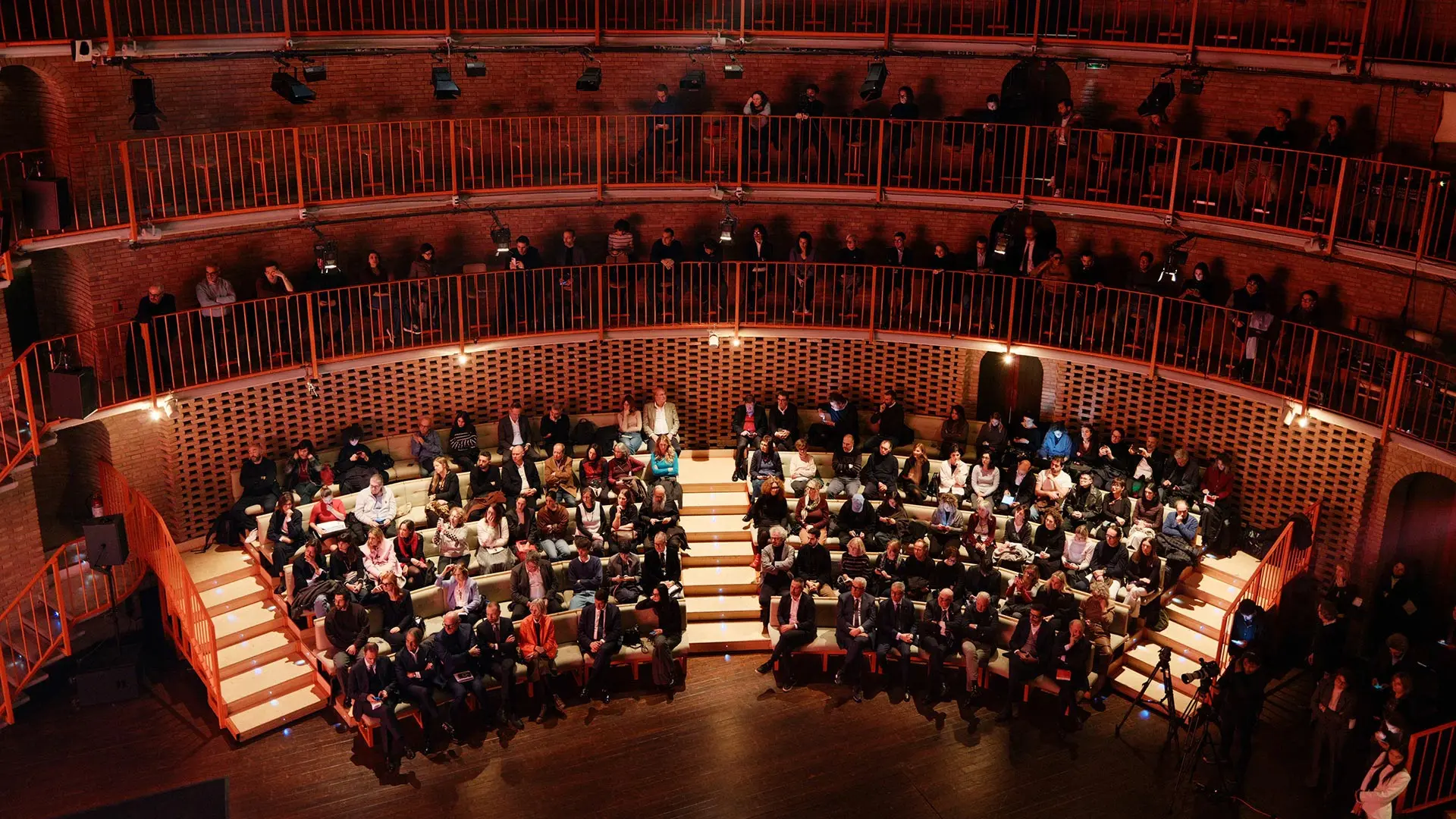From BIG to David Chipperfield, Frank Gehry to Snøhetta: a world tour of the best buildings set to open in 2026
FederlegnoArredo at Ecomondo 2025: “Sustainability is a shared path built together with companies and institutions”

For the third consecutive year, the Federation is taking part in the international fair on the circular economy. Helping to strengthen processes of value creation that are not just sustainable but also inclusive
The Italian wood-furniture industry ranks first in Europe for circular economy. In 2024, 44% of Italian companies implemented eco-design policies in the wood furniture supply chain, a figure forecast to rise to 81% by 2027. Unmistakable numbers that speak of a clear and irreversible trend towards a way of doing business that is now structurally oriented towards sustainability.
And FederlegnoArredo confirms its commitment to the sustainable transition at Ecomondo 2025, the leading international event for green and circular economy issues, now being held at the Rimini Trade Fair Centre from 4 to 7 November.
Taking part in the Rimini event for the third time, FederlegnoArredo is transforming its presence into a strategic operation and an opportunity for dialogue, for both member companies and institutions. A way to reiterate that a beneficial change can only take place through synergistic collaboration between all the players in the supply chain. And that, in a market where sustainability is now recognized as crucial, this needs to be supported by regulatory processes and shared guidelines to become a tool for competitiveness and an opportunity for growth.
Claudio Feltrin, President of FederlegnoArredo, does not hesitate to stress the extent of the transformation that the supply chain is called on to cope with, pointing out that the best way to advance it is precisely a collegial and systemic approach. “Our presence at Ecomondo goes beyond simply bearing witness; it reflects a commitment to key issues in the circular economy, from traceability of the raw materials to responsible design. Sustainability is a shared path that is built together with Italian and European companies and institutions with consistency and vision,” says Feltrin. ”This is the direction we want to strengthen at Ecomondo, bringing the voice of a sector that, while excelling in sustainability issues, is ready to improve further, in a framework capable of taking into account the real feasibility of each measure. A commitment that requires coherence, dialogue with Europe and the desire to build a competitive industrial system. Being at Ecomondo represents an opportunity to discuss the issues with experts and institutions, and reiterate that the ecological transition is built through systemic action.”
2025 promises to be a crucial year for the wood-furniture supply chain, marked by the entry into force of new regulations that redefine, at least in part, the operating methods in this sector. These are topics that will be explored during the days of the fair in a calendar of debates involving experts, entrepreneurs and representatives of the institutions. Among the first topics of discussion is the EU’s Packaging and Packaging Waste Regulation (PPWR), which came into force in February 2025 to harmonise European standards and promote reuse and recycling practices.
Also on the issue of Extended Producer Responsibility (EPR), a field in which several sectors are already taking their first steps, FederlegnoArredo has launched its own pilot project to anticipate future regulatory obligations and assist companies in the transition. The ongoing experimentation, with a protocol developed together with the Ministry of the Environment and Energy Security (MASE), involves setting up furniture collection and recycling systems in four pilot cities. The goal is to gather data, feedback, and best practices to improve the future model for end-of-life management of our furniture.
As for the EU Deforestation Regulation (EUDR), which introduces measures against forest degradation due to raw materials imported into the Union, its full implementation has been postponed again. Although the traceability and environmental responsibility requirements for companies still remain to be precisely defined, the Federation hopes to achieve a balance that will satisfy both environmental requirements and the need to protect the companies impacted by the measure.
Participation is not measured only in words, but also in concrete actions. This is the case of the stand that the Federation is presenting at Ecomondo (South Hall, stand 107). The principles of the circular economy are not just promoted, but also put into practice on the level of design. Many of the materials used to build it, in fact, come from the installation of the International Business Lounge (IBL), created inside pavilions 13/15 during the last Salone del Mobile.Milano. A concrete way to demonstrate that the principles of circularity can combine waste containment with creativity. By superseding a vision of sustainability as a punitive restriction, and turning it into a virtuous opportunity to fight waste.


 Sustainability
Sustainability








